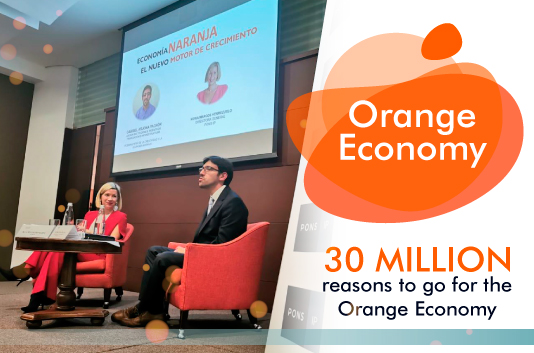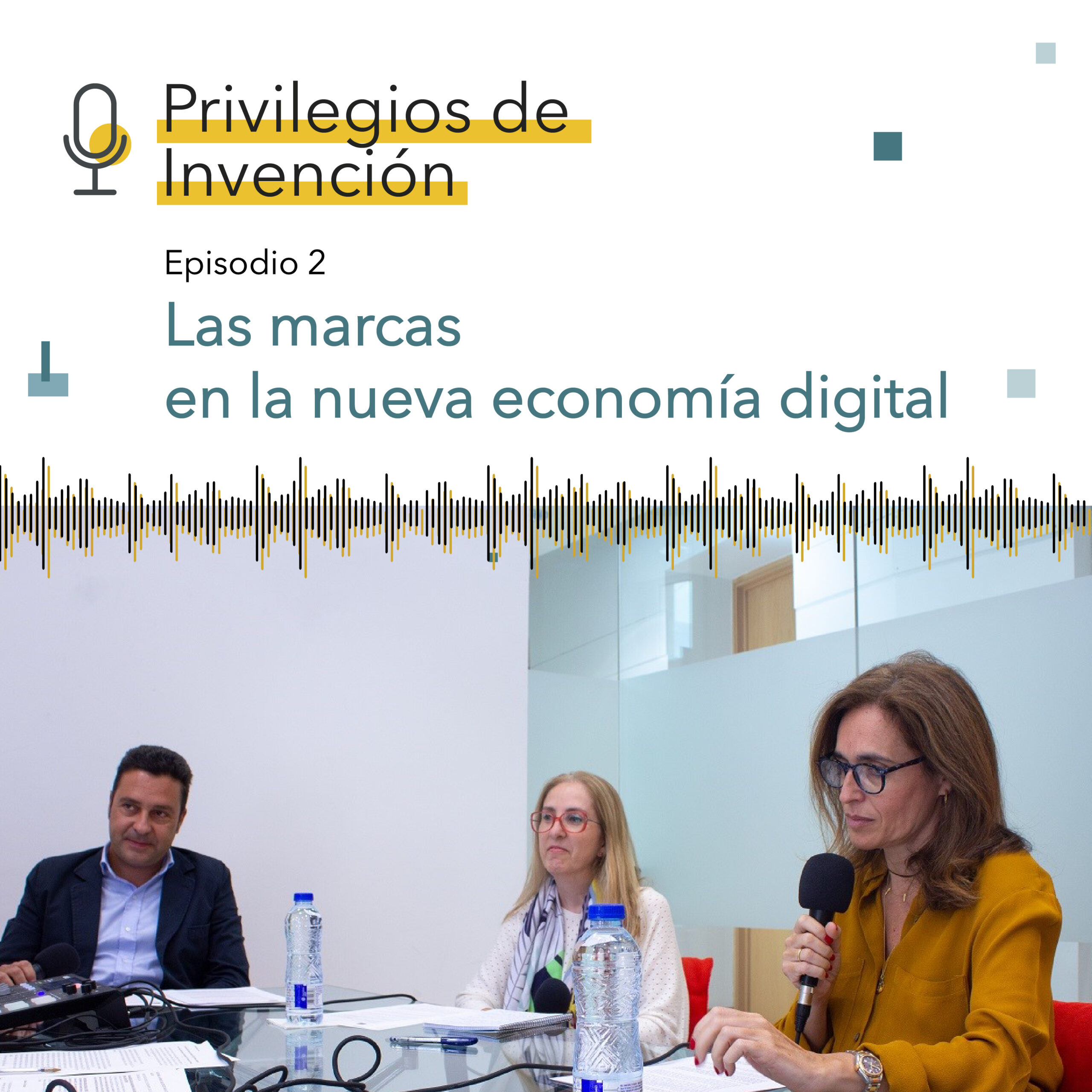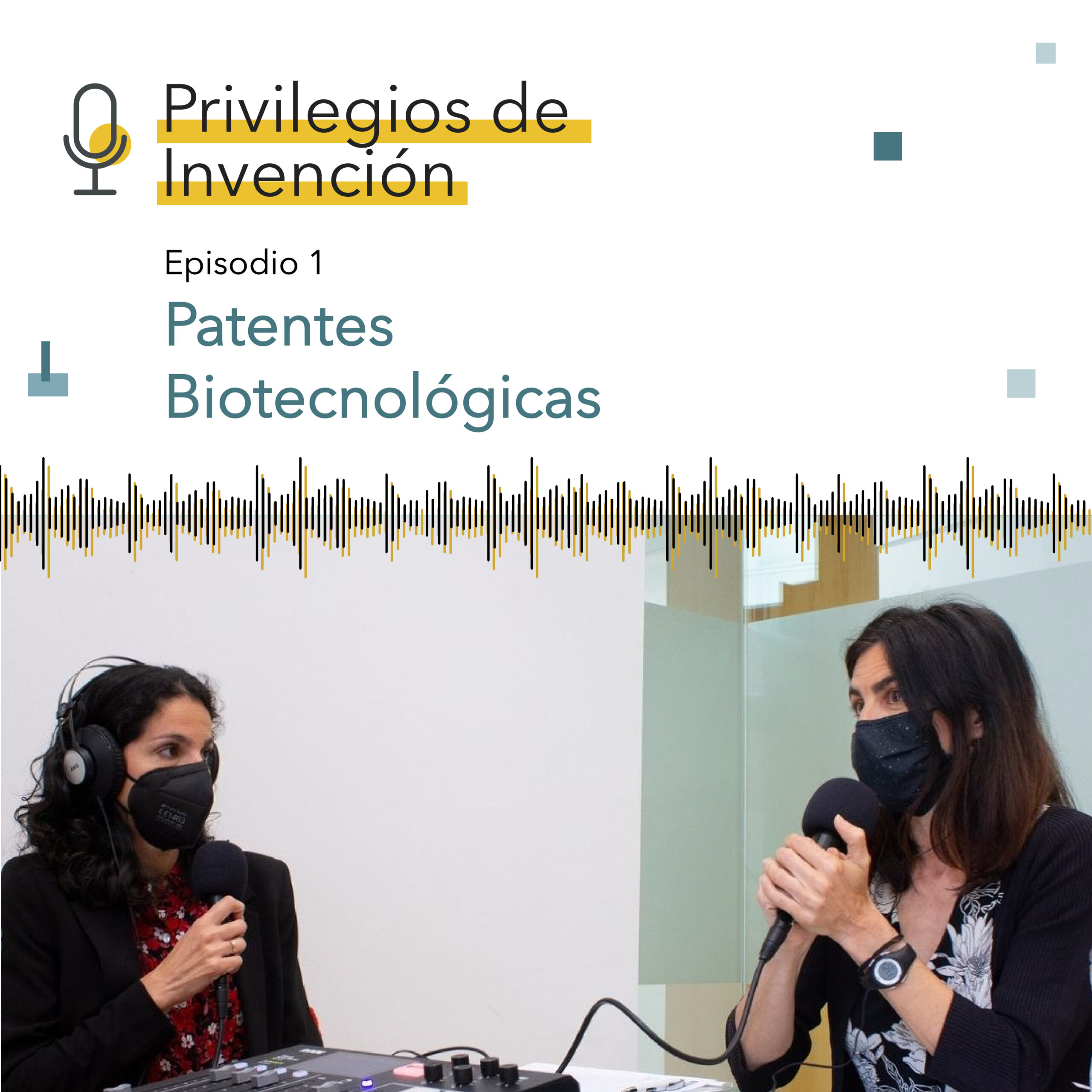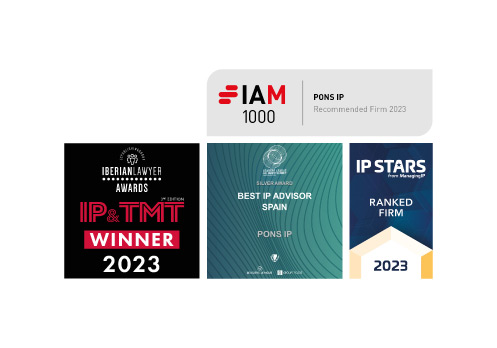The cultural industry, in terms of economic contribution and employment, is experiencing one of the best moments in its history. Their growth and importance are constantly increasing all over the world: edition, music, audiovisual media, video games, music, eSports, online platforms, etc.; all of them are the backbone of today’s economic development and employment in countries whose development is based on creativity and innovation. The products’ market value is determined, more and more, based on their originality, uniqueness, performance, and appearance. The competitiveness of countries will also be determined by this indicator in the 21st century.
According to a recent UNESCO report, goods and services directly related to creativity now account for 3% of global GDP and employ some 30 million people worldwide. In Europe and according to the latest Eurostat data for 2017, there are 8.7 million jobs in the cultural industry, of which about 700,000 are in Spain. In the United States, the world’s largest economy, the Orange Economy already contributes 10% of its Gross Domestic Product while in emerging countries, such as Colombia, this percentage reached 3.4%, growing an accumulated 40% in just three years. This is the potential of the “orange” industry that today represents a challenge for countries struggling to gain competitiveness and attract companies in the large global market that is the world today.
The globalization of goods and services exchanges and the explosion of new technologies has opened up new perspectives, but also new asymmetries and challenges, especially in the field of copyright management and protection, a key issue for the promotion of this emerging industry and for the companies that are part of this ecosystem.
But… what are the Cultural and Creative Industries?
In recent years, there have been multiple definitions of the Orange Economy in an attempt to determine which activities are covered by the term, carried out by UNESCO, the Inter-American Development Bank and WIPO itself.
Regardless of the terms, what they all have in common is:
- Creativity, arts and culture as the “core business” of this activity
- Relationship with intellectual property rights, in particular copyright
- Direct function in a creative value chain
In Europe, Regulation 1295/2013 establishing the Creative Europe Program for the 2014-2020 period, defined cultural and creative industries as all those “whose activities are based on cultural values or artistic expressions and other creative expressions, regardless of whether or not such activities are market-oriented, the type of structure carrying them out, and how that structure is financed”.
These activities include the development, creation, production, dissemination, and preservation of goods and services embodying cultural, artistic or other creative expressions, as well as related tasks such as education or management.
The cultural and creative industries include, but are not limited to architecture, archives, libraries and museums, artistic crafts, audiovisual (including cinema, television, video games, and multimedia), tangible and intangible cultural heritage, design, festivals, music, literature, performing arts, edition, radio, and visual arts.
What are the weaknesses of the Orange Economy?
According to “Emprender un Futuro Naranja,” a publication from the Inter-American Development Bank (IDB), 65% of creative entrepreneurs did not have intellectual property rights or even copyright registration of their works. These worrying conclusions were the result of a survey carried out with more than 200 businessmen and entrepreneurs of the Orange Economy and show the great Achilles’ heel of this industry. Translating it to all companies in developed economies, it does not help that the reasons they gave for this lack of interest in the tools to provide protection for their intangible assets were not having them registered, or that the process was “too costly” or that they did not know how to do the process. Once again, training and difficulty of access were shown as major barriers to the resources needed to protect the results of innovation in the industry.
What solutions do we propose?
In order to reduce the lack of knowledge and the risk of overcoming the first two years of any entrepreneurial project, and especially in the field of the “Orange Economy”, it is vitally important that the analysis and planning of the assets’ protection strategy be done from the first minute, as Nuria Marcos, general manager for PONS IP, commented in a recent talk with APD Colombia on the Orange Economy and intellectual property held in Bogotá.
For Nuria Marcos, specialist advice encompasses a multitude of possibilities which, depending on each company and its interests, often include the combined use of protection by means of trademarks, domains, patents, designs, trade secrets and, especially in the case of CCI, copyright. Consequently, the combination of these and the choice on the best moment to execute these tools raise exponentially the possible ways of protection where almost always, one is usually the most appropriate. Are companies today able to decide which is their best option? Do you know those alternatives?
Copyright, being intangible assets, is regulated through the Law of Intellectual Property and, subsidiarily, through the regulation of Business Secrecy. To have a clear knowledge of the difference between moral rights, patrimonial rights, together with their length of time and the scope of protection of the registrations is another fundamental step to construct an adequate protection strategy of CCI assets.
How and when to incorporate a Copyright Legend also tends to generate recurring doubts, as well as the opportunity or not to make a registration of Intellectual Property or a Notary Deposit. Knowing when the management of copyright and related rights must be done collectively and/or individually is another of the big questions to which companies in the Orange Economy must know how to respond, but above all, the digitalization and its consequences, with the emergence of digital media has radically changed the landscape related to intellectual property rights.
In 2020, two challenges remain to be resolved. On the one hand, Law must be equipped with technology to manage digital rights (Digital Rights Management or DRM) aimed at encrypting and distributing information in a secure and authorized way. In this case, blockchain technology has great potential for IP management, cybercrime prevention, data protection, but also web domains and trademark infringement along with the aforementioned copyright. Technology, therefore, is called to lead the changes that, from the economic and legal point of view, will mark the future of both the Orange Economy and, of course, intellectual property.
On the other hand, piracy. Promoting the training of workers in the Cultural and Creative Industries (CCI), raising awareness among companies and society about the defense and value of copyright, as well as the homogeneous normative development together with the exchange of information and police collaboration between countries are today fundamental issues to fight against the main threat that puts the growth of the “Orange Economy” at risk. Let’s get on with it.
- Juan Luis Antolín
- Head of Communication, PONS




